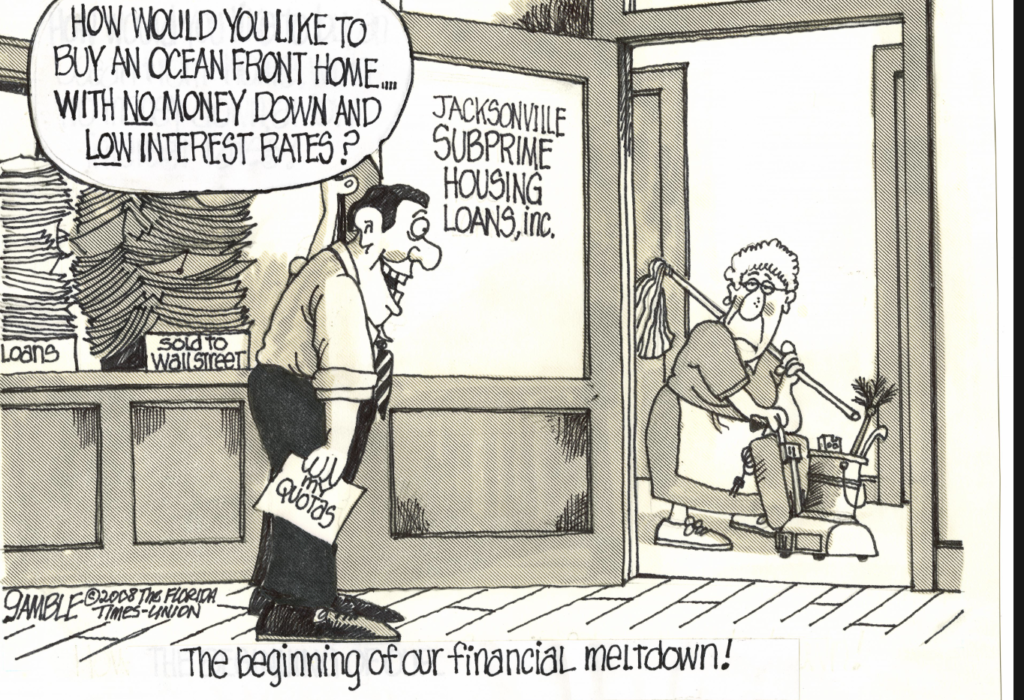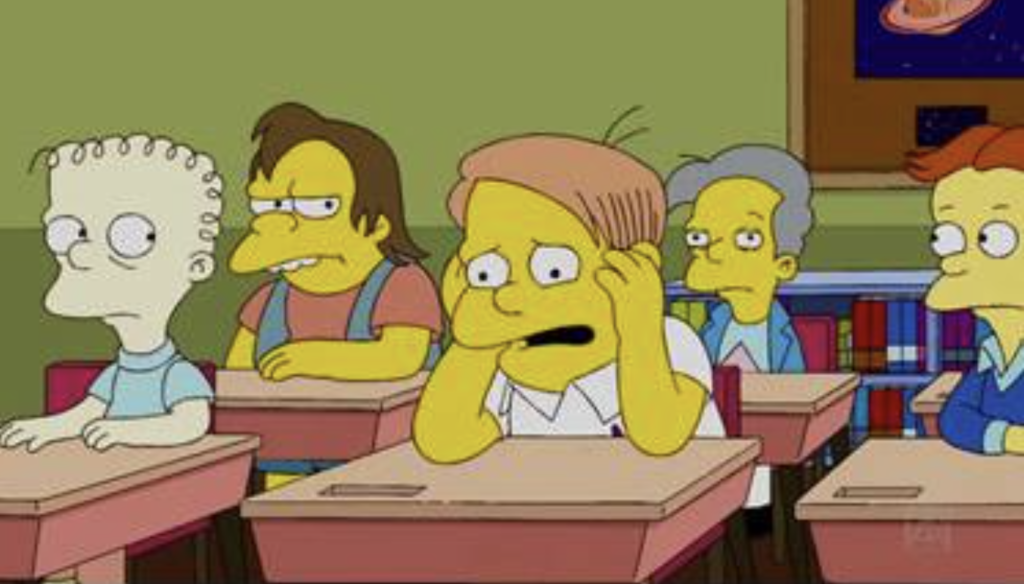I was surprised to see that people in the late 19th century were upset that Americans weren’t reading as many books as earlier generations had.
Newer pleasures like photographs and the telegraph were taking up their time.
That sounds more than a little strange to me. I don’t think telegraphs were ever home appliances, although I suppose it’s possible very wealthy people might have had them. And I’m pretty sure camera ownership wasn’t widespread in the 1800s.
One could certainly say things began changing in the 1920s with the advent of radio. Especially once actual shows — dramas, comedies, mysteries — began broadcasting, people spent time they had previously spent reading sitting and listening instead.
That wasn’t as bad as it sounds. For one thing, people were still reading a lot more than they do now. For another, listening to radio shows still required listeners to use their imagination to paint pictures of what was happening in the boradcast.
Movies took that away, but for the most part, folks who went to movies spent only a few hours a week watching them.
Where it all changed for the worse was with the advent of television. Not just television programs, although much about them was horrible. No, it was the television itself and its additional functions that turned it into the Monster That Ate America.
It was one thing to have a TV that provided programming on three channels that signed off for the night at the end of the evening.
But it was entirely different when stations were broadcasting 24 hours a day and there were first dozens and then hundreds of choices. It got even worse with the advent first of the videocassette recorder and then Tivo. It meant first that if you weren’t home for a show, you could watch it at your leisure, and second that if there were two shows you liked on at the same time, you could watch them both.
All of a sudden, people were watching television all the time. Six, seven, eight hours day.
That didn’t leave much time to read, and the advent of video games as another use for the TV set made things even worse.

Video games had a much more dramatic effect on people’s brains. Play video games like Pac Mac or Donkey Kong or Tetris enough and you’ll see them in your dreams.
And whether it was regular programming or video games, spending too much time on video screens was making people passive.
Passive — and ignorant.
Instead of reading and learning the way the world works, they learned wrong things from watching TV shows.
Seeing. a world in which good wins in the end and no one profits from evil left people ill-prepared to deal with dishonesty. Fifteen years or so ago in California, crooked mortgage lenders told would-be borrower who actually were qualified for prime loans that they weren’t and had to pay higher interest rates.
.When people lost their homes and learned they had been cheated, they asked “Why would they cheat us like that?”
As easy as it would be to laugh at them, it’s actually heartbreaking to realize people who would never cheat anyone had wound up as victims to people who don’t play by any rules.
It’s horrible to have to tell people that they need to be more cynical and that when it comes to their money, they can’t trust anyone to treat them fairly.

I don’t want to make this a left or right thing. But if people aren’t educated enough — or intelligent enough — to run their own lives, how can they vote for the people who will run the country?
Benjamin Franklin once said, “A republic — if you can keep it.”
Sorry, Ben. We couldn’t keep it.
Once we stopped reading, it was inevitable.

